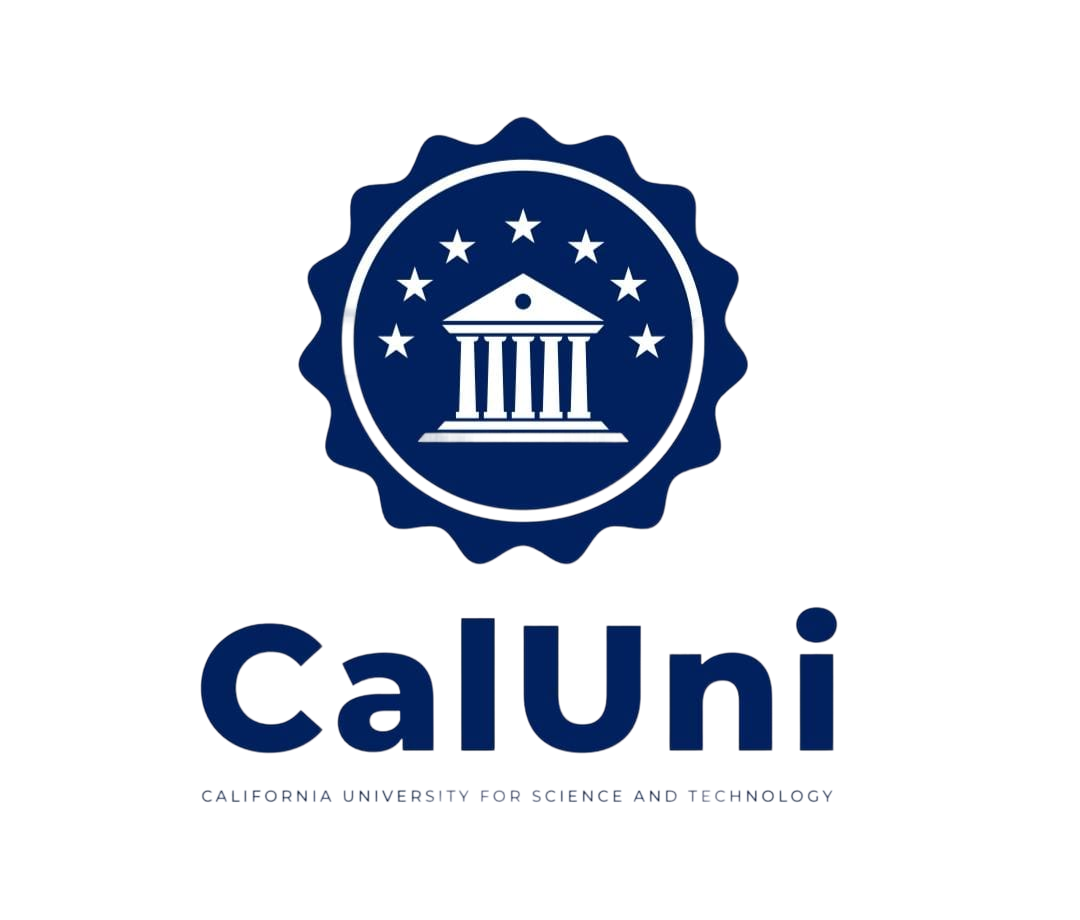
Bachelor of Political Science and Internaional Relations
An academic and professionally oriented program designed to prepare graduates with a solid theoretical foundation in political thought, comparative political systems, international relations, and public policy. The program also develops advanced research and digital analytical competencies, alongside the ability to analyze and draft policies, engage in public communication, and support decision-making in local, regional, and international contexts, in line with U.S. higher education standards.
Vision and Mission:
Vision:
To graduate researchers and policy leaders who possess critical thinking skills, professional integrity, and the capacity to contribute effectively to good governance and sustainable development at the national, regional, and international levels.
Mission:
To provide an evidence-based, bilingual (Arabic/English) education aligned with American standards, integrating theory and practice, academic research and practical training, and partnerships with governmental, international, and community-based institutions, thereby enhancing graduates’ readiness for the labor market and postgraduate studies.
Program Objectives:
The program aims to:
• Equip students with a balanced and comprehensive understanding of classical and contemporary political thought, comparative political systems, international relations, and public policy.
• Develop students’ quantitative and qualitative research skills, statistical analysis capabilities, and the ability to draft academic papers and policy briefs in line with established standards.
• Build professional competencies in governance, program and policy evaluation, negotiation, diplomacy, and effective political communication.
• Promote ethics of public service, respect for human rights, and the values of integrity, transparency, and anti-corruption.
• Prepare graduates for employment in state institutions, international organizations, and civil society, and enable them to pursue postgraduate studies (Master’s/Ph.D.) in relevant disciplines.
Learning Outcomes (LOs):
By the end of the program, students are expected to be able to:
Knowledge and Understanding
• Explain major political theories, the components and institutions of governance, the dynamics of the international system, and the cycles of public policy-making.
Intellectual Skills
• Analyze local, regional, and international political issues, critically assess different policy options, and anticipate likely scenarios based on empirical evidence.
Research and Digital Skills
• Design political studies and research projects, collect data from primary and secondary sources, use statistical and visual analysis tools (Excel / SPSS / basic R), and prepare policy reports and papers in accordance with academic citation styles (APA / Chicago).
Professional Skills
• Prepare professional policy briefs, manage small-scale projects in governance and development fields, work within multidisciplinary teams, and deliver persuasive oral presentations in both Arabic and English.
Values and Personal Skills
• Adhere to professional ethics in research and political practice, respect cultural diversity, and foster a sense of citizenship and social responsibility.
Credit Structure and Alignment with U.S. Standards:
• Total credit hours: 120 credit hours.
• Each course = 3 credit hours.
• Number of semesters: 8 academic semesters × 15 credit hours per semester.
The program includes:
• University/General Education requirements.
• Core Political Science requirements.
• Structured elective courses organized into specialized tracks.
• Practicum/Field Training and a Capstone course.
Suggested Tracks:
• International Relations.
• Public Policy and Administration.
• Comparative Politics and Area Studies.
• Political Communication and Public Opinion.
Study Plan (by Semester):
Note: Each course carries 3 credit hours. Selected courses may be offered in English to ensure academic bilingualism.
Semester 1 (15 credit hours)
• Introduction to Political Science
• Academic Skills and University Writing I (Academic English I)
• Critical Thinking and Practical Logic
• Digital Skills for the Social Sciences
• Modern World History and Politics
Semester 2 (15 credit hours)
• Comparative Politics (Systems and Political Life)
• Academic Skills and University Writing II (Academic English II)
• Statistics for the Social Sciences I
• History of Political Thought: From Ancient Greece to the Renaissance
• Introduction to Political Sociology
Semester 3 (15 credit hours)
• International Relations: Theories and Systems
• Research Methods in Political Science I (Qualitative Research and Research Design)
• Constitutional Law and Constitutional Systems
• Public Administration: Principles and Structures
• Political Economy: Principles and Foundations
Semester 4 (15 credit hours)
• Modern and Contemporary Political Theory
• Research Methods in Political Science II (Basic Data Analysis + SPSS/Excel Applications)
• Contemporary Middle East Politics
• Public Policy Analysis and the Policy-Making Cycle
• Ethics of Public Service and Citizenship
Semester 5 (15 credit hours)
• International Political Economy
• International Organizations and Introduction to Public International Law
• Comparative Governments: Europe and North America
• Elective Course (1)
• Elective Course (2)
Semester 6 (15 credit hours)
• Foreign Policy Analysis
• Human Rights and International Humanitarian Law (Introduction)
• Development Policies and Social Justice
• Party Systems, Elections, and Voting Behavior
• Elective Course (3)
Semester 7 (15 credit hours)
• Peace and Security Studies and Conflict Resolution
• Governance, Anti-Corruption, and Transparency
• Program and Policy Evaluation (Logical Framework and Impact Indicators)
• Practicum / Internship – 3 credit hours
• Elective Course (4)
Semester 8 (15 credit hours)
• Graduation Project / Capstone Course (Capstone Research & Policy Paper) – 3 credit hours
• Diplomacy and the Art of Negotiation
• Globalization, Civil Society, and Transnational Networks
• Elective Course (5)
• Elective Course (6)
Elective Course Basket (Sample Courses Organized by Track):
A) International Relations Track
• Advanced International Political Economy
• Energy Policy and Security
• Refugee and Displacement Studies
• Climate Policy and Global Governance
• Soft Power Policies and Public Diplomacy
• Regional Neighbourhood Policies
B) Public Policy and Administration Track
• Budgeting and Public Finance
• Public Sector Human Resource Management
• Decentralization and Local Governance
• Digital Government and Open Data
• Design and Evaluation of Social Programs
• Education and Health Policies
C) Comparative Politics / Area Studies Track
• American Politics
• European Politics
• Asia-Pacific Politics
• Arab and Middle Eastern Politics
• Democratic Transition and Authoritarianism
• Social Movements and Political Mobilization
D) Political Communication and Public Opinion Track
• Media and Politics
• Public Opinion and Polling
• Campaign and Political Messaging Strategies
• Visual Data Analysis in Political Science
• Debates and Comparative Political Communication
Organizational Note: Students are encouraged to select two sub-tracks (2–3 courses from each track) in order to achieve both academic depth and professional balance.
Academic Policies of the Program (Summary):
Assessment
Assessment is based on quizzes, midterm and final examinations, research papers, policy briefs, presentations, and applied projects.
Writing Standards
Students are required to comply with academic citation standards (APA / Chicago), ensure originality of work, and avoid plagiarism, with rigorous verification of references.
Academic Progress
A minimum cumulative GPA of 2.0 out of 4.0 is required for graduation, in accordance with the grading system adopted at CalUni.
Practical Training
Students must complete no fewer than 120 documented training hours / applied tasks in an institution relevant to the field of specialization.
Capstone Requirement
Students shall prepare an applied policy research project (8,000–12,000 words) or a policy analysis project, to be publicly presented before an academic committee.
Career Opportunities:
Graduates of the program may work in a wide range of fields, including:
• Policy Analyst / Researcher in research and studies centers (Think Tanks).
• Ministries, governmental departments, and local governance authorities.
• International, regional, and non-governmental organizations (NGOs / INGOs).
• Diplomatic support roles, negotiation, and protocol functions.
• Political media, public opinion management, and opinion polling.
• Management of development projects, monitoring and evaluation (M&E).
• Pursuing postgraduate studies in Political Science, International Relations, Public Policy, and related disciplines.
Mode of Study and Academic Support:
• Flexible learning that combines on-site or synchronous virtual sessions with asynchronous learning resources.
• Access to a digital skills lab, electronic library, academic writing support, and regular academic advising for students.
• Bilingual instruction: selected courses and lectures are delivered in both Arabic and English to enhance graduates’ readiness for the international job market.
Tuition Fees:
• Total tuition for the Bachelor’s program: USD 6000 for the full program, in accordance with the approved tuition schedule at CalUni (subject to institutional revision as needed).
• Flexible installment plans and partial scholarships are available in line with the University’s financial policies and regulations.
Recognition of Prior Learning and Transfer of Credits (if applicable):
• Transfer credits may be granted in accordance with the Transfer Credit Policy, following an academic review of previous course syllabi and content.
• Documented professional experience may, under clearly defined conditions, be recognized toward certain elective courses, subject to review by the relevant academic committees.
Admission Requirements:
• Be at least 16 years of age
• High school diploma or equivalent
• Submit a certified high school diploma or transcript
• Proficiency in English or Arabic
• No SAT or entrance exam required
• TOEFL/IELTS not required
• Must complete Foundation courses first
• Application is fully online
• Open to students from all countries
Contact Information:
Official Website: Click here
Email: Click here
Phone: +18738030536
WhatsApp Channel: Click here
Facebook: Click here
Instagram: Click here
YouTube: Click here
Join Request
